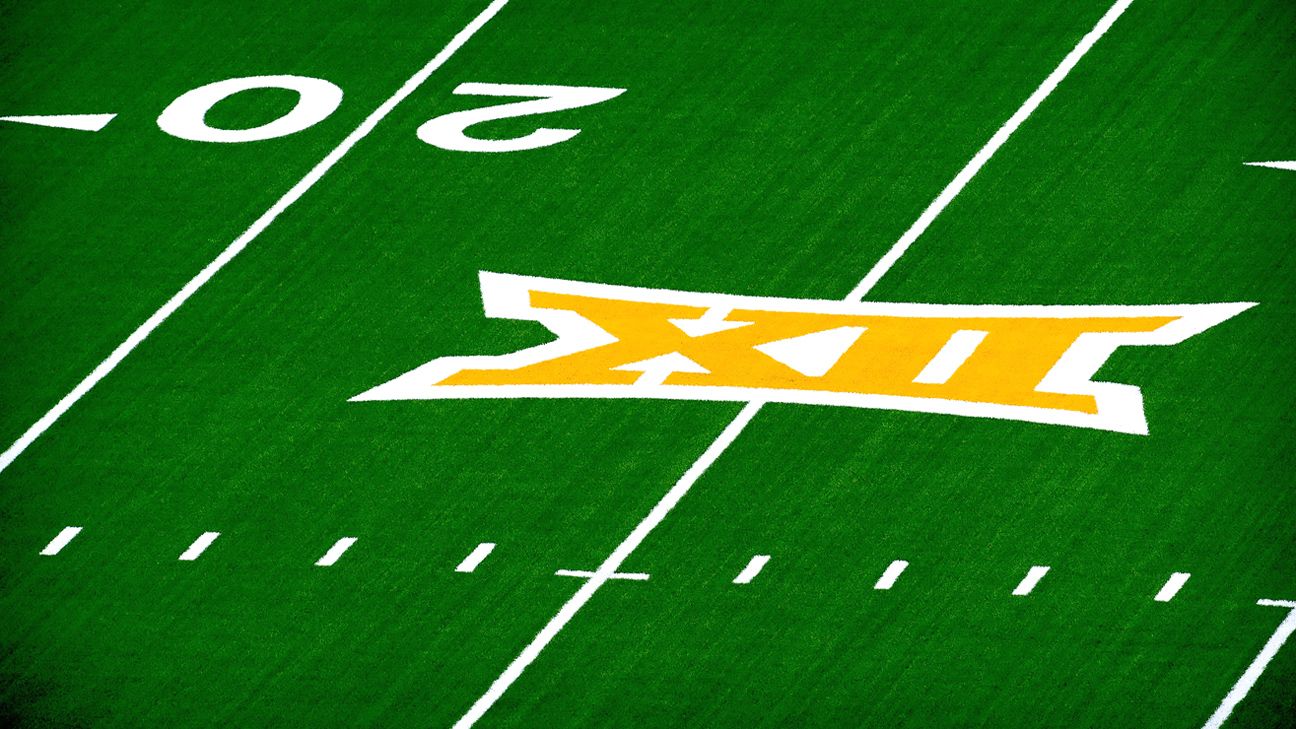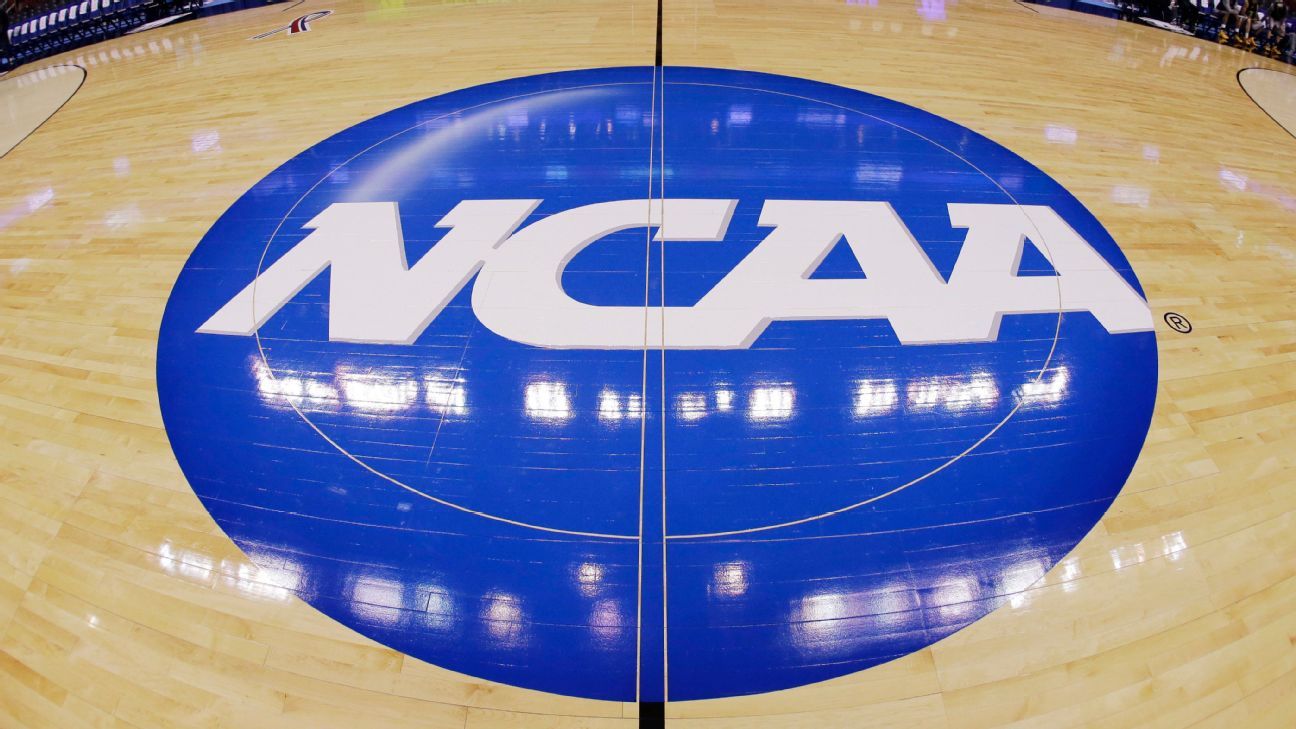Zurp
I have misplaced my pants.
I agree with all the parts you agree with. It's like... What's better: what you want, or what is right? You or I or anyone can go out and create some software or write a book or a song or make a thing or whatever - and get paid whatever it's worth. And what is it worth? It's worth what the buyer and seller agree it's worth. No more, no less. Should college football be any different? If you say, "yes", then why is it different? I can't say that it's different.It might not be what we grew up with... I mourn the loss of that right along with the rest of you. But it didn't fall apart because of the NCAA's incompetence (though that certainly did not help). It fell apart because its foundation was built on concepts that are not compatible with individual liberty and rights and run counter to the basis of our nation's legal and economic systems. To be honest, I find it remarkable that it lasted as long as it did.
Part of me mourns the past... the same part of me doesn't like what it is right now. But all of me looks forward to what it will become, because I think the Buckeyes are as well situated for that future as anyone (and yes, because it will allow the athletes (rather than just Disney and their like) to benefit from their talent
Is Player X worth $2,000,000 before he steps foot on campus? He is, if he finds someone or some people who are willing to pay him that.
But it's against the antiquated way college football has always been run.
And I think someone on here years ago once explained why things are the way they are. Something like, colleges in the early 1900's wanted to separate themselves from the "lower classes" at the time. Only "low class poo-heads" would be low enough to get paid to play sports. We're fancy-schmancy awesome intellectuals who will all go off to become business owners and doctors and lawyers and politicians and other nerds... we don't need to get paid to play sports. It then evolved into, "We need to keep everything fair - no paying college athletes."
So, I think we need to allow the players to get paid. But, it's going to (and already has) change what we grew up loving. Your word might be the right one: "Mourn". Many of us will mourn what we used to love. But I can't argue that rules preventing the paying of players is "right".
Upvote
0





